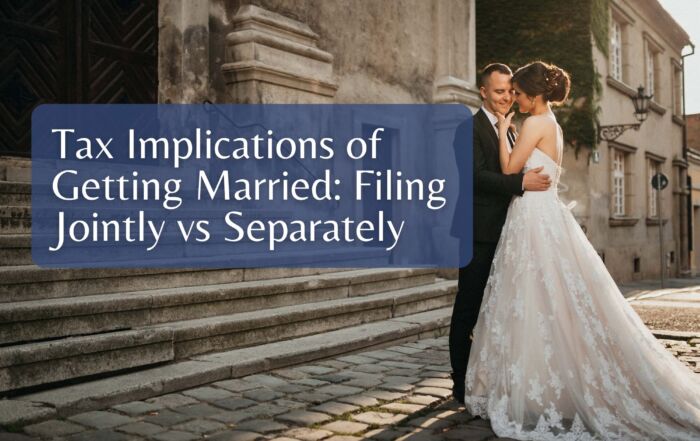
Building & Maintaining Cash Reserves in Retirement
On today’s episode of the Wiser Roundtable Podcast, the team talks about how much cash reserves retirees actually need.
Listen on Apple Podcasts or watch on YouTube:
SUMMARY:
The team begins the podcast by asking the question, how much cash reserves do you need as a retiree? This is calculated different in retirement versus in your working years. When you are working, your main focus is usually what would happen if you lost your job and had to replace your income for a period.
Money on Hand vs Money Invested
In retirement, there are two cash reserve categories. The first is the amount of cash reserves you have on hand inside a checking account. The second is how much cash you have in investments, if you are withdrawing from these accounts on a regular basis. However in retirement, you are living off of cash reserves or investments alone.
When you have cash reserves in retirement, you have to separate what is an investment versus what is not an investment. Having this extra cash on hand can help you sleep well at knowing that if an emergency occurs, you are financially prepared. These sort of emergencies include a new HVAC system, a new roof, car issues, health events or something similar and unexpected. Most average families should have no less than $50,000 in emergency cash reserves. For families with higher income in retirement, they should have close to $100,000 in reserves. Some people might even need to have closer to $300,000 depending on their unique situation.
Cash Bucket
At Wiser Wealth Management, we utilize what we call the “Cash Bucket” system. In this system, we keep two years worth of cash needs available at all times inside the individual’s investment portfolio. This cash can be withdrawn monthly if needed. The idea behind this is that if the market falls, you don’t have to liquidate securities at a loss.
Nature of the Market
Market downturns are bound to happen. There is usually a 5% drop in the market about 3-4 times a year, a 10% drop annually, and about every 5-6 years, we see it drop 20% from a bear market. We want to avoid the ups and downs of the market especially during retirement, so having cash reserves available can help.
TIMESTAMPS:
1:30 Money on Hand vs Money Invested
5:58 Cash Bucket
8:45 Nature of the Market
LINKS:
Learn more about Casey Smith and connect with him on Twitter.
Learn more about Brad Lyons.
Learn more about Matthews Barnett.
CONNECT:
Twitter, Instagram, Facebook, LinkedIn, and YouTube.
Learn more about the Wiser Wealth Management Roundtable podcast and access previous episodes.
Share This Story, Choose Your Platform!
Wiser Wealth Management, Inc (“Wiser Wealth”) is a registered investment adviser with the U.S. Securities and Exchange Commission (SEC). As a registered investment adviser, Wiser Wealth and its employees are subject to various rules, filings, and requirements. You can visit the SEC’s website here to obtain further information on our firm or investment adviser’s registration.
Wiser Wealth’s website provides general information regarding our business along with access to additional investment related information, various financial calculators, and external / third party links. Material presented on this website is believed to be from reliable sources and is meant for informational purposes only. Wiser Wealth does not endorse or accept responsibility for the content of any third-party website and is not affiliated with any third-party website or social media page. Wiser Wealth does not expressly or implicitly adopt or endorse any of the expressions, opinions or content posted by third party websites or on social media pages. While Wiser Wealth uses reasonable efforts to obtain information from sources it believes to be reliable, we make no representation that the information or opinions contained in our publications are accurate, reliable, or complete.
To the extent that you utilize any financial calculators or links in our website, you acknowledge and understand that the information provided to you should not be construed as personal investment advice from Wiser Wealth or any of its investment professionals. Advice provided by Wiser Wealth is given only within the context of our contractual agreement with the client. Wiser Wealth does not offer legal, accounting or tax advice. Consult your own attorney, accountant, and other professionals for these services.





